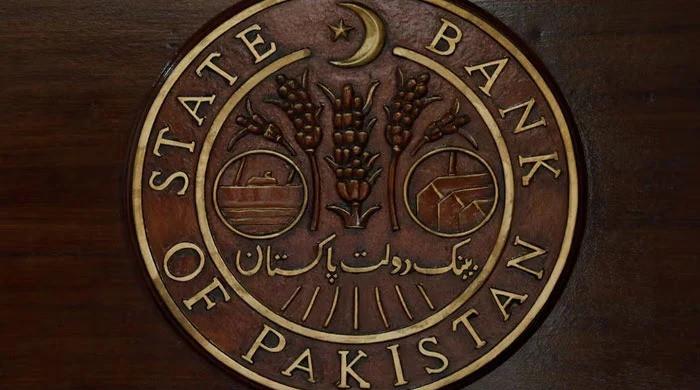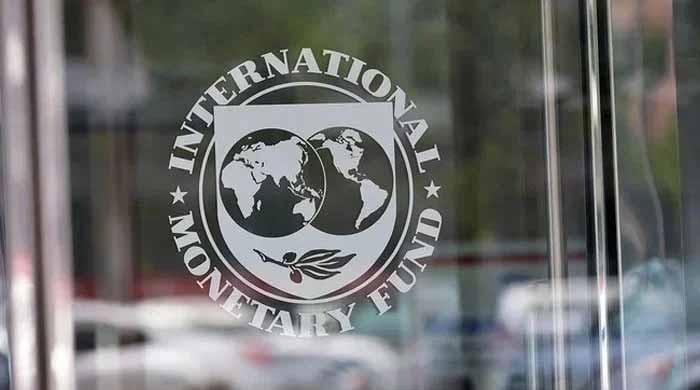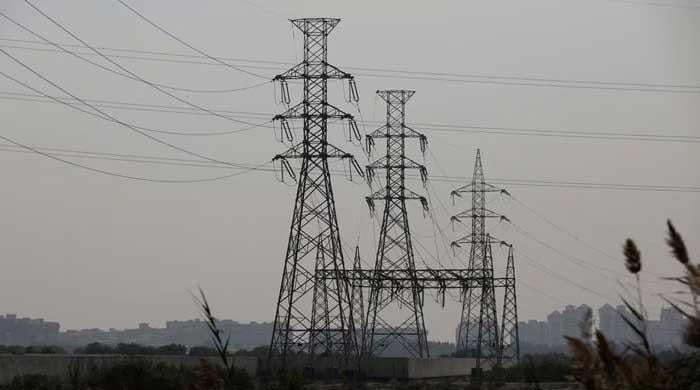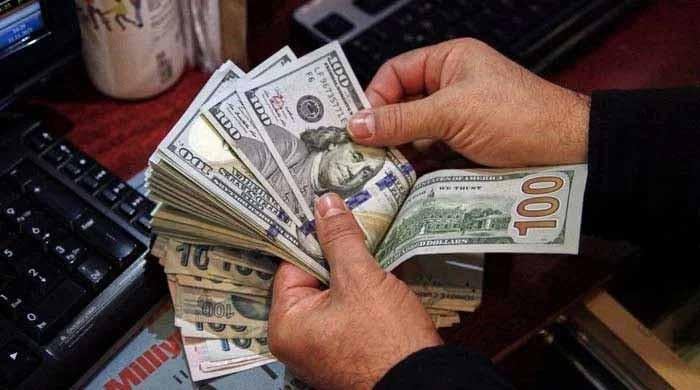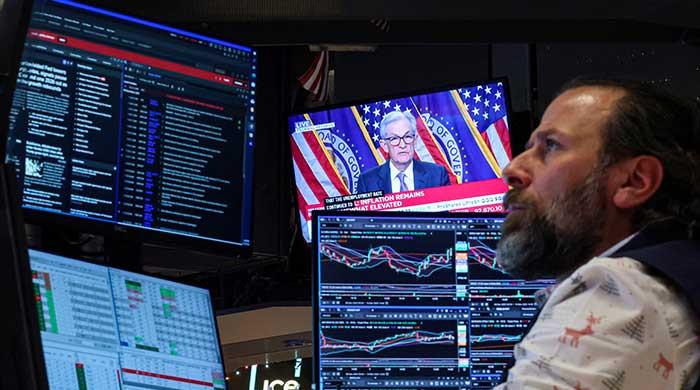Forex dealers would be brought under tax net, Gen Asim Munir assures businessmen
Traders apprise COAS Asim Munir of economic challenges facing the country in a Lahore meeting
September 04, 2023
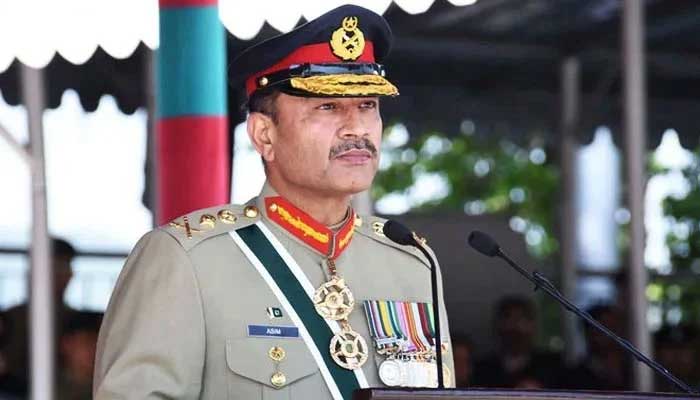
- Business leaders meet COAS at Corps Commander's Headquarters in Lahore.
- COAS highlights potential of SIFC to bring foreign investment of $100bn.
- Reduction in income and sales tax rates on electricity bills proposed.
LAHORE: As the Pakistani rupee lost significant ground against the US dollar, Chief of the Army Staff (COAS) General Asim Munir has said that money exchanges would be brought under the tax net.
He stated this in a meeting with the business community at the Corps Commander’s Headquarters in Lahore on Sunday, reported The News.
Gen Munir assured the businessmen that transparency in dollar exchange and interbank rates would be ensured.
A statement issued here by the Lahore Chamber of Commerce and Industry (LCCI) stated that the association's president Kashif Anwar, alongside prominent business figures, met the army chief and discussed the economic challenges facing the country.
Interim Punjab Chief Minister Mohsin Naqvi was also present at the meeting.
General Munir highlighted the pivotal role of the Special Investment Facilitation Council (SIFC), emphasising its potential to attract substantial investments of up to $100 billion from countries such as Saudi Arabia, the UAE, Kuwait, and others.
To bolster economic decision-making, he revealed the formation of task forces focused on economic matters and different sectors.
Kashif Anwar, in alignment with the broader business community, recommended active engagement with all chambers to incorporate diverse perspectives into the task force’s agenda.
Addressing critical issues faced by the public, the LCCI chief proposed a reduction in income and sales tax rates on electricity bills. He noted that the populace grapples with the burden of high taxation on electricity, impacting daily lives, businesses and common people.
He recommended a pragmatic approach to fuel adjustment charges, advocating for their collection during the winter months when electricity consumption is lower, alleviating financial stress on consumers.
Recognising the pivotal role of exchange rates in Pakistan’s economic landscape, Kashif Anwar urged for greater control over the rates of the US dollar in both interbank and open markets.
The LCCI president also pointed out that the disparity between the State Bank’s rate and the Hundi rate (illegal money exchange business) often leads to a preference for Hundi channels when it comes to remittances. He emphasised that if these rates were aligned, remittances would naturally flow through the SBP.
Anwar emphasised the importance of an enhanced and sustained interactive dialogue between the business community and relevant authorities. He expressed concerns over the prevailing lack of responsiveness to suggestions put forth by the business sector.
Furthermore, Anwar called for a unified commitment from political parties, suggesting the signing of a charter of economy as a precondition before any upcoming elections.
Expanding on the army chief's earlier remarks regarding the existence of a grey economy, accounting for two to three times of the overall documented economy, he proposed an innovative approach. He recommended incentivising the grey economy sector to transition into the formal, white economy, offering a strategic solution to combat this pervasive issue.
The LCCI chief said that the expansion of the tax base will remain elusive as long as the grey economy remains unincorporated, unable to contribute to the formal white economy.
This gathering exemplified the shared dedication of both the business community and the military leadership to work collaboratively in addressing pressing economic challenges and propelling the nation toward growth.
As Pakistan continues to navigate economic complexities, this constructive dialogue signifies a promising step towards finding practical solutions and fostering economic prosperity for the nation.




